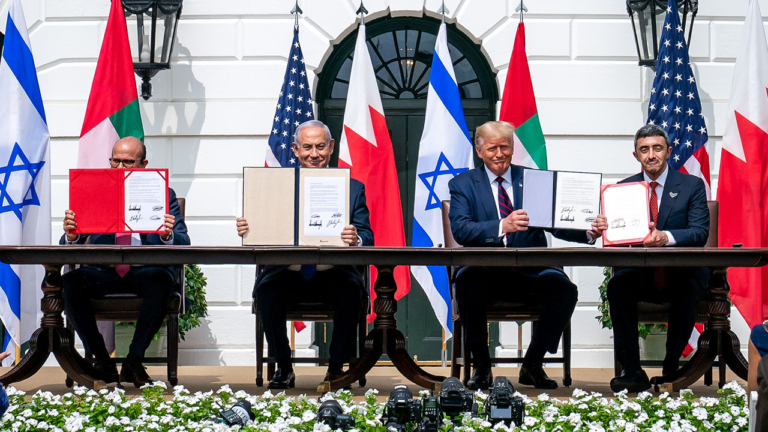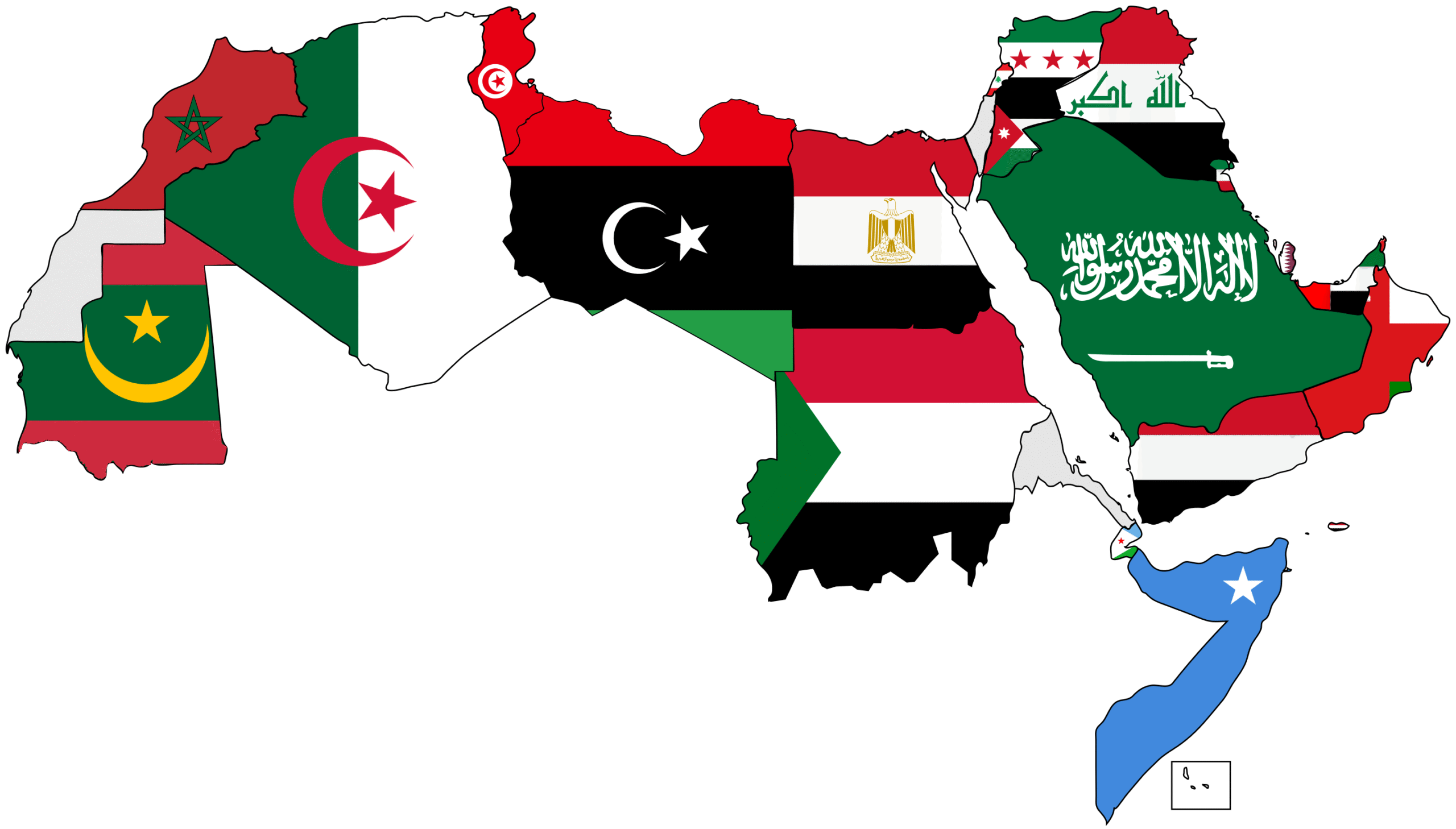As the war in Gaza continues to devastate Palestinian lives and draw global outrage, many observers are left asking: Why have Arab governments, despite widespread public support for Palestine, failed to take meaningful action to stop the bloodshed? The answer is complex, rooted in decades of regional politics, international alliances, and internal dynamics. Understanding these obstacles is essential to imagining a more effective Arab response—and a more just future for Gaza.
The Main Obstacles
1. Authoritarianism and Fear of Popular Mobilization
Most Arab regimes are authoritarian and view any form of mass mobilization—even in solidarity with Palestine—as a potential threat to their own stability. As Giorgio Cafiero notes, “Any sort of popular mobilization or activism that brings people together, either online or on the streets, is a threat to these authoritarian regimes.” Many governments have cracked down on pro-Palestine protests, fearing that such activism could spill over into broader demands for political change or challenge regime-backed narratives Responsible Statecraft.
2. Dependence on the United States and the West
Many Arab states, especially in the Gulf, rely on the United States for security guarantees and economic partnerships. This dependence makes them reluctant to take any action—such as cutting ties with Israel or using economic leverage—that could jeopardize their relationship with Washington. As a result, their support for Palestine is often limited to symbolic gestures or diplomatic statements, rather than concrete measures.
3. Fragmentation and Lack of Unity
The Arab world is deeply divided, both politically and ideologically. Historic rivalries, sectarian tensions, and competing national interests have prevented the emergence of a unified Arab front on Palestine. As Ussama Makdisi writes, “Arab states reflected a western policy of divide-and-rule, and the absence of Arab political unity inevitably weakened the Arab ability not only to resist colonial Zionism, but also to aspire to meaningful self-determination and sovereignty” Middle East Eye.
4. Prioritizing Regime Survival Over Regional Causes
For many Arab leaders, the primary concern is regime survival, not regional justice. The Palestinian cause, while popular among ordinary citizens, is often seen by ruling elites as a destabilizing force that could inspire dissent or empower opposition movements. As Lebanese journalist Ghada Oueiss puts it: “Palestine is a just cause. Yet Arab despots never saw it but from one angle: How can I protect my regime?” Responsible Statecraft.
5. The Legacy of Normalization and the Abraham Accords

Recent years have seen several Arab states normalize relations with Israel through the Abraham Accords, prioritizing economic and security interests over solidarity with Palestine. These agreements have further marginalized the Palestinian issue in official Arab policy, even as public support for Gaza remains strong.
How Can These Obstacles Be Overcome?
1. Reviving Arab Unity and Collective Action
History shows that when Arab states act collectively, their influence increases. The 1973 oil embargo, for example, demonstrated the power of coordinated economic action. Reviving a sense of shared purpose—perhaps through the Arab League or new regional coalitions—could help overcome fragmentation and amplify the Arab voice on Gaza.
2. Leveraging Economic and Diplomatic Tools
Arab countries, especially those with significant economic clout, can use their leverage to pressure Israel and its allies. This could include suspending normalization agreements, recalling ambassadors, or conditioning economic cooperation on progress toward Palestinian rights. Even symbolic actions, if coordinated, can send a powerful message.
3. Empowering Civil Society and Popular Mobilization
Allowing greater space for civil society and popular activism can help bridge the gap between official policy and public sentiment. As seen in Europe, sustained grassroots pressure can influence government positions. Arab governments could benefit from channeling popular support for Palestine into constructive, nonviolent advocacy.
4. Supporting Legal and International Initiatives
Arab states can play a more active role in supporting international legal efforts—such as cases at the International Court of Justice or the International Criminal Court—aimed at holding Israel accountable for violations in Gaza. Providing political, financial, and legal support to these initiatives can increase their impact.
5. Rethinking Security Paradigms
Ultimately, Arab security cannot be separated from justice in Palestine. By prioritizing genuine regional security—based on justice, dignity, and self-determination for all—Arab states can build a more stable and legitimate order, less dependent on external powers.
Conclusion
The obstacles to decisive Arab action on Gaza are real, but not insurmountable. They stem from a mix of authoritarianism, external dependence, fragmentation, and regime priorities. Overcoming them will require courage, vision, and a renewed commitment to the values that once united the Arab world around the Palestinian cause. As public outrage grows and the humanitarian crisis deepens, the question is not just what Arab governments will do—but whether they can afford to remain on the sidelines any longer.









